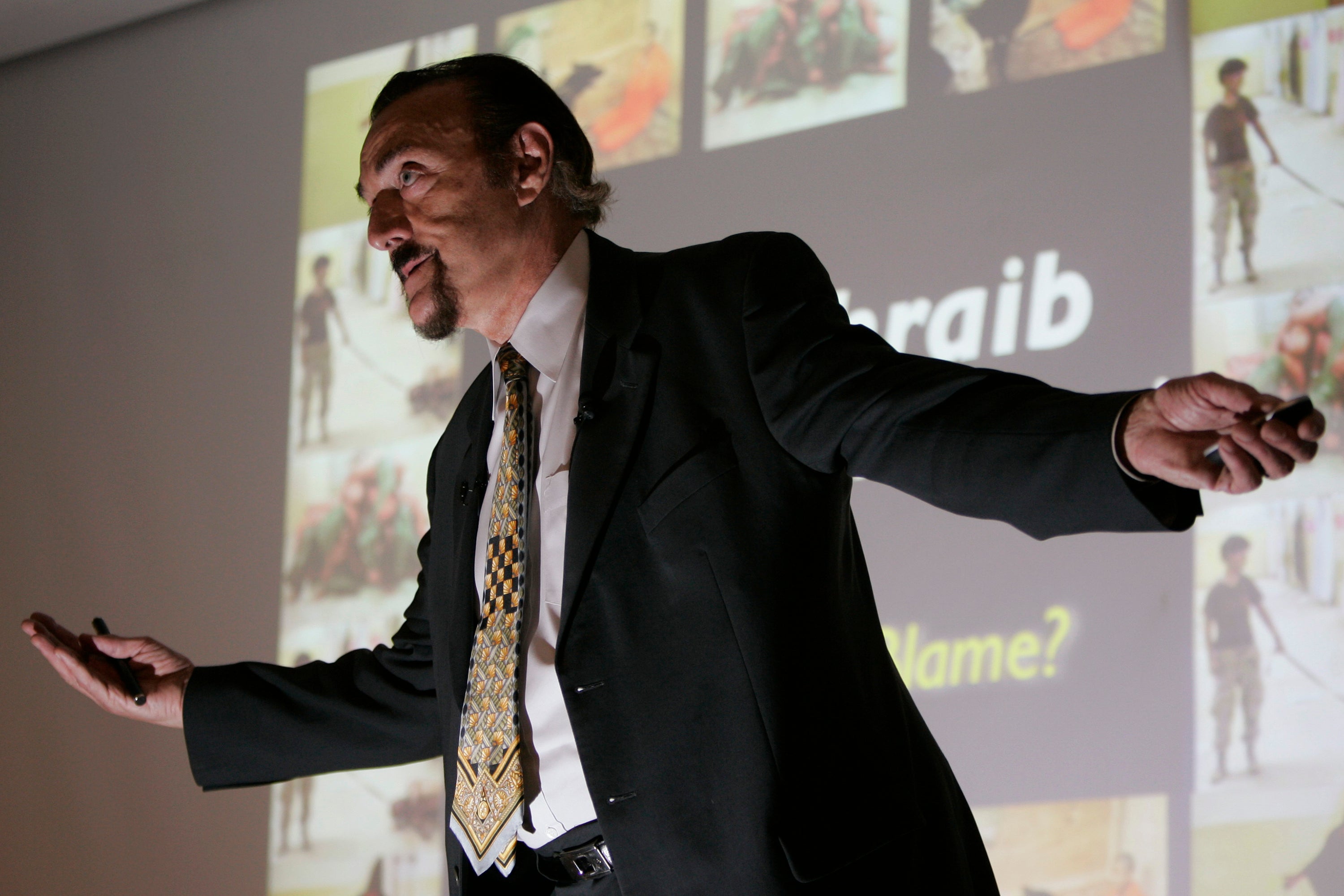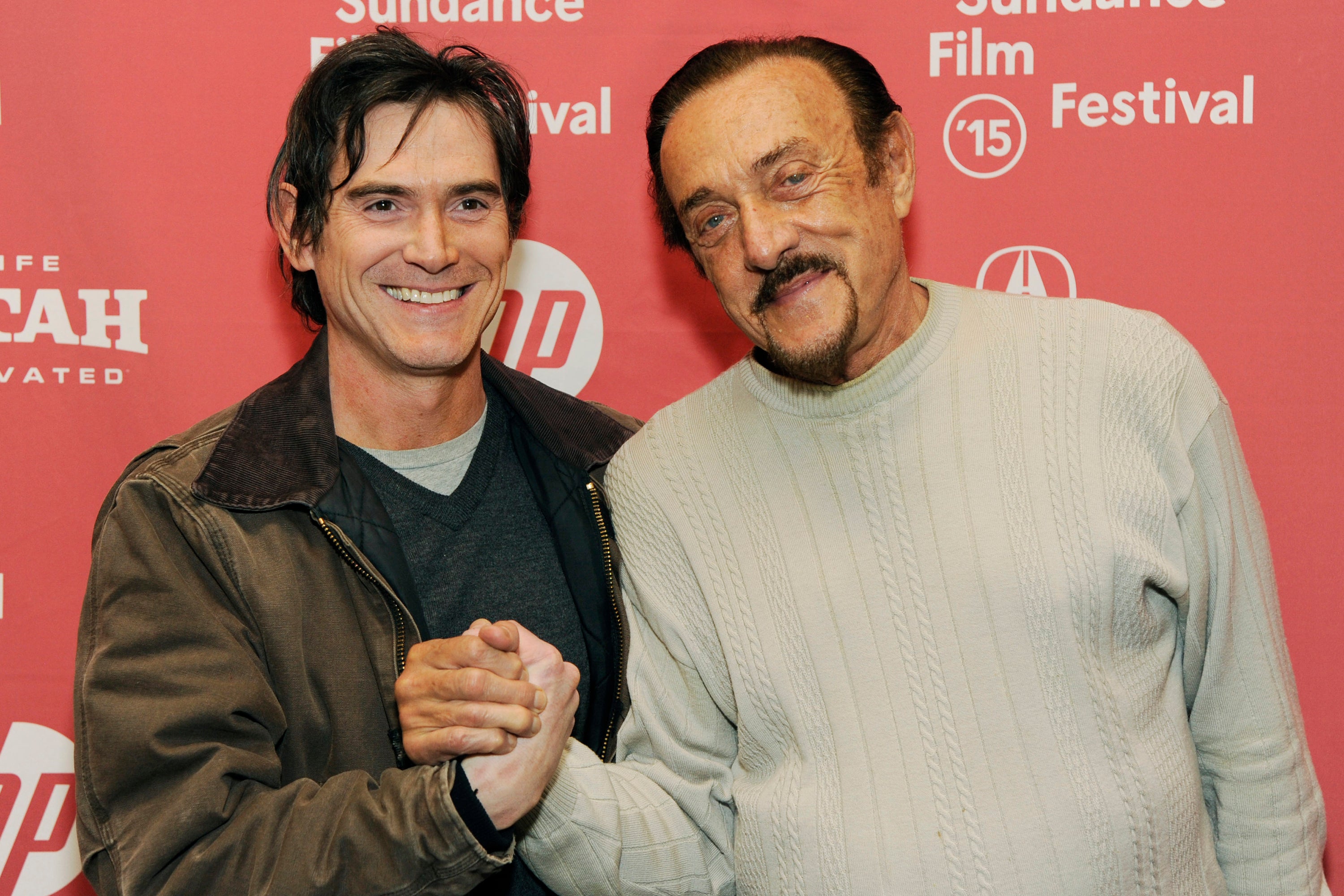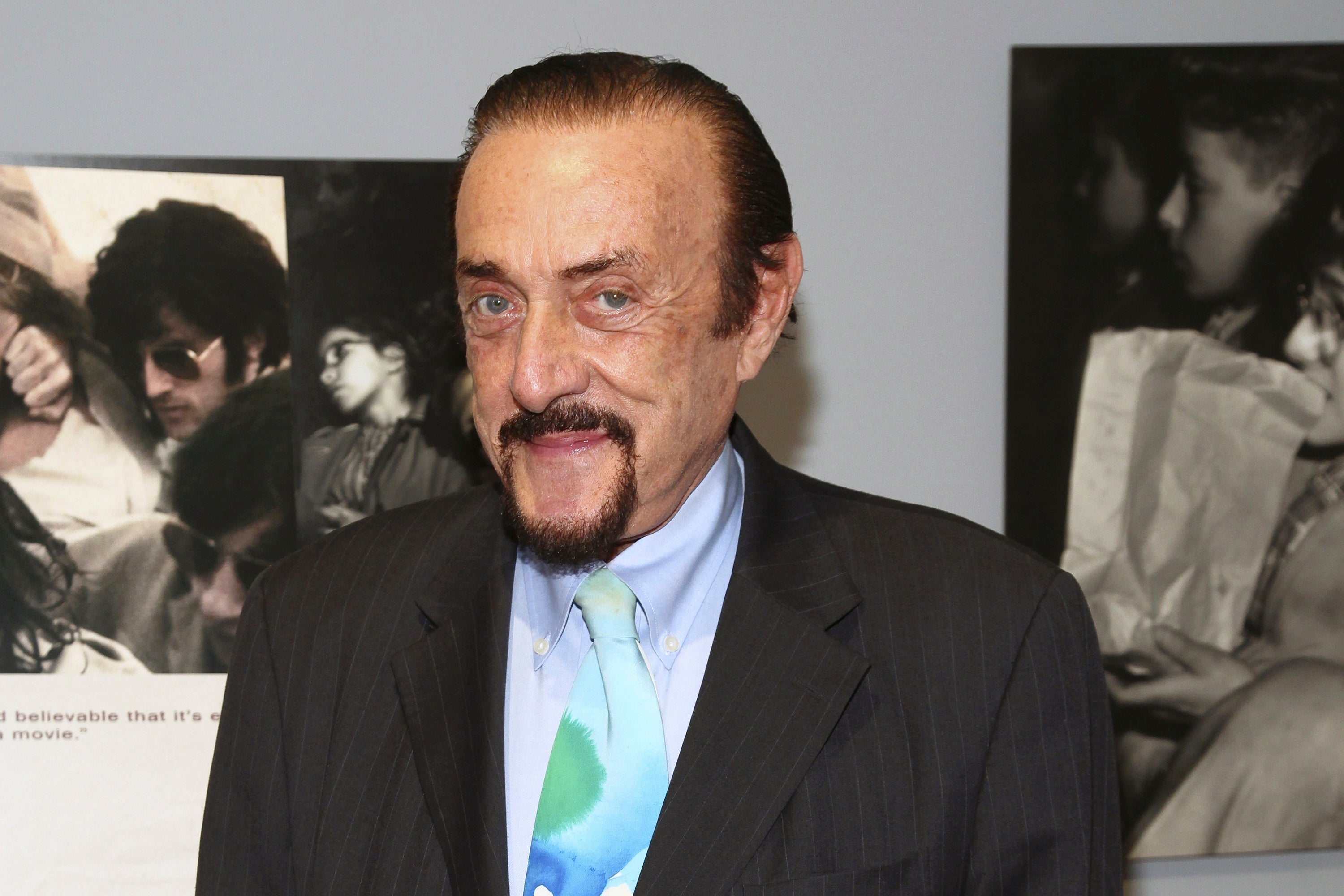Psychologist behind controversial ‘Stanford Prison Experiment’ dies at 91
The study was ended after six days as the students playing guards became psychologically abusive

Your support helps us to tell the story
From reproductive rights to climate change to Big Tech, The Independent is on the ground when the story is developing. Whether it's investigating the financials of Elon Musk's pro-Trump PAC or producing our latest documentary, 'The A Word', which shines a light on the American women fighting for reproductive rights, we know how important it is to parse out the facts from the messaging.
At such a critical moment in US history, we need reporters on the ground. Your donation allows us to keep sending journalists to speak to both sides of the story.
The Independent is trusted by Americans across the entire political spectrum. And unlike many other quality news outlets, we choose not to lock Americans out of our reporting and analysis with paywalls. We believe quality journalism should be available to everyone, paid for by those who can afford it.
Your support makes all the difference.The psychologist behind the controversial “Stanford Prison Experiment” that was intended to examine the psychological experiences of imprisonment, has died.
Philip G. Zimbardo was 91.
Stanford University announced on Friday that Zimbardo died October 14 at his home in San Francisco. A cause of death was not provided.
In the 1971 prison study, Zimbardo and a team of graduate students recruited college-aged males to spend two weeks in a mock prison in the basement of a building on the Stanford campus.
The study was ended after six days as the students playing guards became psychologically abusive and those playing prisoners became anxious, emotionally depressed and enraged, according to the Stanford statement.

Zimbardo was criticized for taking the role of superintendent – becoming an active participant in the study and no longer a neutral observer.
“The outcome of our study was shocking and unexpected,” Zimbardo would later co-write with one of the graduate students who was part of the project.
The experiment is now used in psychology classes to study the psychology of evil and the ethics of psychological research with human subjects, Stanford said.

“No such research can ever be done again,” said Zimbardo in 2016. “The human subjects committees have gone to the far extreme. You cannot do anything in research that causes undue stress to participants. It eliminates so many key questions on human nature.”
While the stress caused to the prisoners was, in many cases, unbearable, the transformation undergone by those inflicting it – the guards, the head of the parole board and even Zimbardo himself as prison superintendent – was truly remarkable.
“One hundred per cent of the participants, when asked, said they wanted to be a prisoner,” says Zimbardo. “In 1971 they hated guards and hated police. Students were rebelling against the Vietnam War. Most universities called the police on campus and they beat up students. Guards were pigs. Nobody wanted to be a guard, but in one day they became a guard. For me that’s still fascinating.”
Zimbardo's research also included persuasion, hypnosis, cults, shyness, time perspective, altruism, and compassion, Stanford said.
Zimbardo is survived by his wife, Christina Maslach Zimbardo, three children and four grandchildren.